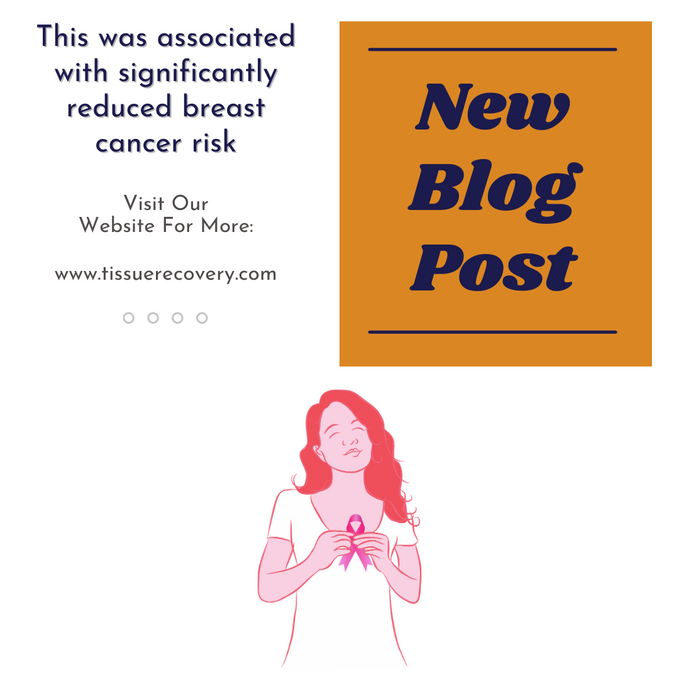No products in the cart.

This was associated with significantly reduced breast cancer risk.
Posted by: Didrik Sopler, Ph.D., L.Ac.
Brassica vegetable also called cruciferous vegetables, is a member of the family of vegetables that includes broccoli, brussels sprouts, cabbage, cauliflower, collard greens and kale. These vegetables provide isothiocyanates and other glucosinolate derivatives capable of altering steroid hormone metabolism, regulating estrogen receptor response, and stabilizing cellular proliferation. ...
Read more
Cancer: What supplements make sense.
Posted by: Didrik Sopler
Low grade inflammation and oxidative stress have been found to increase the risk of cancer (Suhr YJ, et al. 2005). The cell signaling component NF-kappaB involved in the inflammatory response has been implicated in the development of cancer. The natural compound curcumin has been found to reduce NF-kappaB. Research using...
Read more
Breast cancer: The influence of diet
Posted by: Didrik Sopler
The protein complex mTORC is an important regulator of cellular metabolism, growth and proliferation. Higher mTORC expression has been found in breast cancer tissue and has been associated with worse overall survival (Wazir U, et al. 2013). mTORC opposes apoptosis were dysfunctional cells are removed and may for that reason...
Read more
Breast Cancer: There’s a lot you can do to prevent it
Posted by: Didrik Sopler
What are some of the risk factors for breast cancer that you can do something about? Light alcohol drinking, up to 1 drink per day, has been shown to significantly increase breast cancer and also some other cancers (Bagnardi V, et al. 2013). Heavy alcohol consumption, 3 or more drinks...
Read more
Tomatoes Influence Breast Cancer Risk
Posted by: Didrik Sopler
You have probably heard that tomatoes are good for your eyes because of an antioxidant called lycopene. Did you know that tomatoes can make a difference with breast cancer risk? The reviewed research investigated just that (Llanos AA, et al. 2014). 70 postmenopausal women at increased risk for breast cancer...
Read more
Omega 3 fatty acid and prostate cancer
Posted by: Didrik Sopler
If you have watched the news lately, you have probably heard about a study linking increased risk of prostate cancer with omega 3 fatty acids ( Brasky TM, et al. 2013). The media, looking for big headlines, presented this as a new truth about omega 3 fat. Supposedly, it was...
Read more
Cruciferous vegetables and breast cancer.
Posted by: Didrik Sopler
Cruciferous vegetables are broccoli, cauliflower, cabbage and brussels sprouts. These vegetables are considered some of the healthiest vegetables you can eat. The research reviewed investigated the association between the intake of this type of vegetables and the risk of breast cancer (Liu X, Lv K. 2012). This was a meta-analysis...
Read more
Showing: 1 -8 of 8




